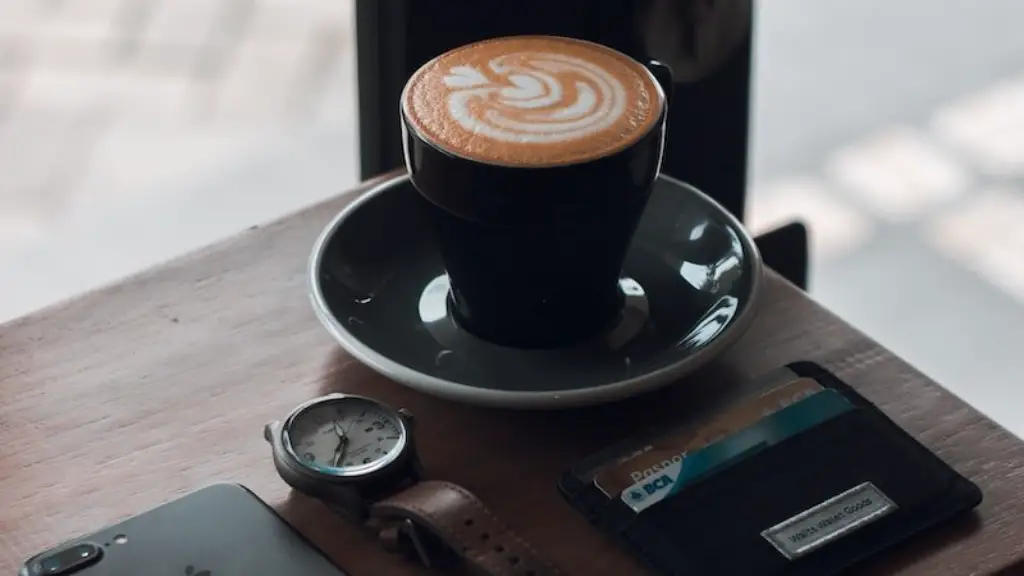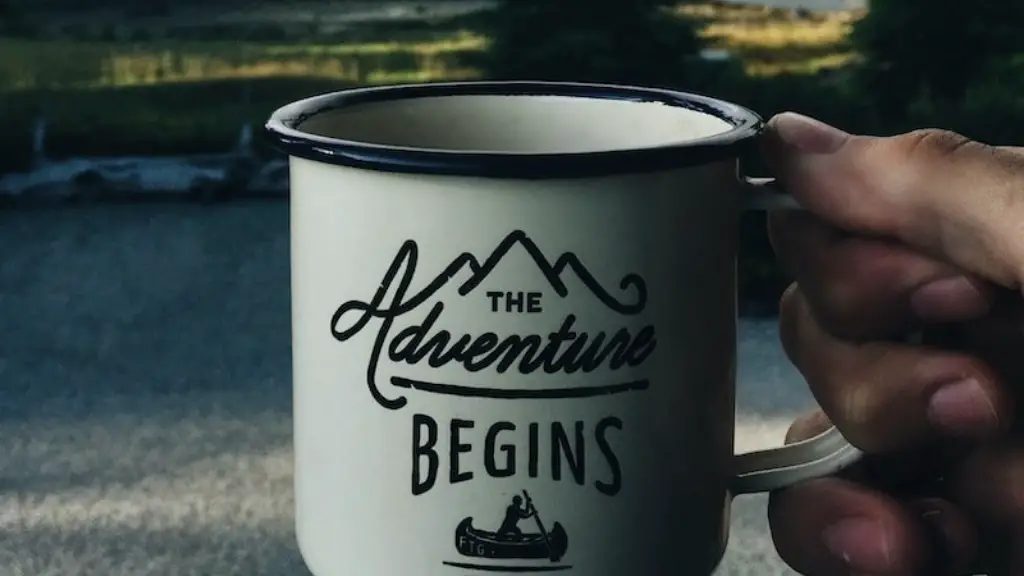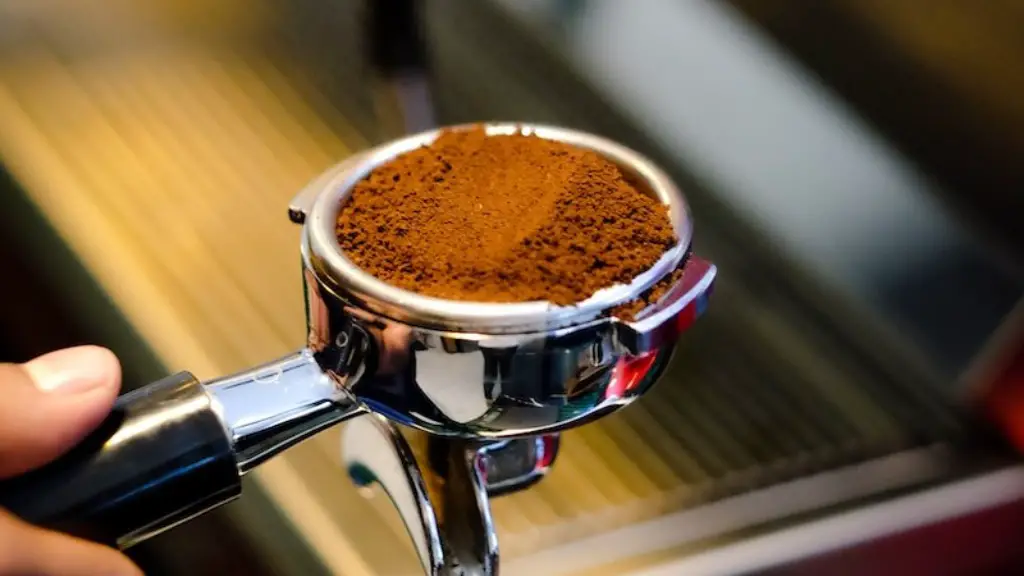Copious amounts of coffee are consumed each day by billions of people, ranging from the average-Joe to celebrities and presidents. Whether purely for the love of the drink or as a means of stimulation, its effects on the body can be both beneficial and detrimental.
Like most stimulants, caffeine affects the body’s central nervous system, modifying how quickly it processes information. Users of caffeine describe an improved ability to concentrate and perform tasks, a feeling of greater alertness, and an increase in mood. Some could argue that it’s a crutch, used to overcompensate for exhaustion or to stay awake and alert when not needed.
Dr. Roger G. Gilbert, an expert on human physiology and nutrition claims, “Excess caffeine intake can lead to problems falling asleep, decreased production of melatonin, the sleep hormone, headaches, excessive urination, and subpar kidney function.” Caffeine does not have the same affect on all individuals, however. Some bodies process it more quickly than others and will require more of the substance to feel its effects.
According to Harvard Medical School, a moderate intake of up to four cups of coffee a day is not considered to be harmful. This estimate doesn’t take into account other sources of caffeine, like energy drinks or tea, but it serves as a good general rule of thumb.
Besides caffeine, the drink is also identified with elevated triglycerides, an increase in blood pressure, and a rise in cortisol levels. Combined with stress or unhealthy food and lifestyle choices, coffee can contribute to a greater risk of developing chronic disease.
But there is no shortage of benefits to drinking coffee and here are three in particular: Firstly, it can lower the risk of heart failure, stroke and coronary heart disease with an intake of three to five cups per day. Secondly, according to several studies, coffee is associated with a decrease in depression and a higher level of happiness. Lastly, coffee might help protect against Type 2 diabetes and may reduce the risk of certain types of cancer.
Coffee Quality
Not all coffee is created equally. The fair trade system mandates that farmers are able to access better wages, which means better quality coffee for consumers who can afford the price. Additionally, Arabica beans are believed to have far greater richness and texture than the cheaper, robusta bean.
Organic coffee is grown without the use of pesticides and other artificial ingredients, making it even more attractive to those looking to be good stewards of the environment and their health. Organic coffee is also generally considered to be stronger and more flavorful.
Decaffeinated varieties, although not completely devoid of caffeine, are the preferred choice for pregnant women because even in low doses, caffeine can have an adverse effect on the development of their fetus. For someone who is keen to enjoy coffee without the side effects of caffeine, cold brew is an excellent alternative as it has a lower caffeine content.
Coffee Preparation
The subtleties of coffee preparation are deep and varied, with countless ways to make the drink. An increasing number of consumers are turning to cold brews, espressos, or the timeless French press. The exquisite variety of the drink is what exactly what gives it its staying power, as coffee drinkers explore and learn the methods that work best for their individual tastes and preferences.
More adventurous people cultivate their own coffee beans, opting to experience the entire coffee-making process from bean to cup. With diligent practice and patience, a coffee enthusiast can learn to roast and grind them as needed, develop latte art, and utilize a variety of brewing methods, including vacuum coffee makers and percolators.
As far as the water is concerned, if you only have access to unfiltered cold water, then that’s preferable for brewing. Filtered water has more minerals and can sometimes make coffee taste “off”. Depending on the intenseness of the roast, darker roasts brew better at hotter temperatures than lighter roasts, which can get bitter quickly.
Coffee Alternatives
Recent studies have found that drinking too much coffee can increase stress levels, so if an individual can’t give up the habit, they can switch to something else instead. Unbeknownst to many, camels milk contains small amounts of caffeine and a similar profile of vitamins and minerals, offering a perhaps healthier alternative to coffee. Chicory root and tea are other delicious drinks that can provide the same caffeine kick.
Mushroom drinks, particularly the Chaga variety, can offer many of the same benefits of regular coffee without the jitters or increased heart rate. All mushrooms are considered to be adaptogenic, meaning they’re helpful in times of stress, and Chaga mushrooms offer improved focus, as well as ample vitamin D. Another healthy option touted for its energy-boosting properties is matcha green tea, enjoyed both hot or cold. It contains a unique combination of caffeine and theanine—an amino acid that increases your alpha wave activity.
The Social Aspect of Coffee
Coffee is not only a drink that is consumed alone but can also be enjoyed socially. From cafes to cozy coffee dates and friendly conversations with baristas, coffee is a hot spot for social activities and community building. No other product is so consistently linked to the idea of taking a break and reflecting. The act of brewing and drinking coffee sets the stage for interesting conversations, casual meetings and even new friendships.
Whether it be in a corner shop, at home or with a friend, the true beauty of coffee lies in its ability to offer a space for relaxation, stimulating conversations and (sometimes) even a little life education. There is a lot to learn when it comes to appreciating coffee and its culture—from its history to proper care and preparation.
In the end, it all boils down to personal preference and individual lifestyle. Whether you drink it to get an extra boost in the morning, or savor each moment of your afternoon latte, the effects of coffee—arguably the world’s most popular beverage—are undeniable, and quite possibly non-negotiable.
Conclusion
For many, the pleasure of coffee comes not simply from the physical effects, but from the ritual of preparing, enjoying and savoring each individual taste. It is one of the most beloved traditions in history, rooted in culture and tradition. From the farms all the way to your table, there are many steps involved in creating the perfect cup of coffee. And, it’s up to you to figure out which varieties taste best, which brewing methods are your favorite and which coffee date venues feel the most welcoming.




